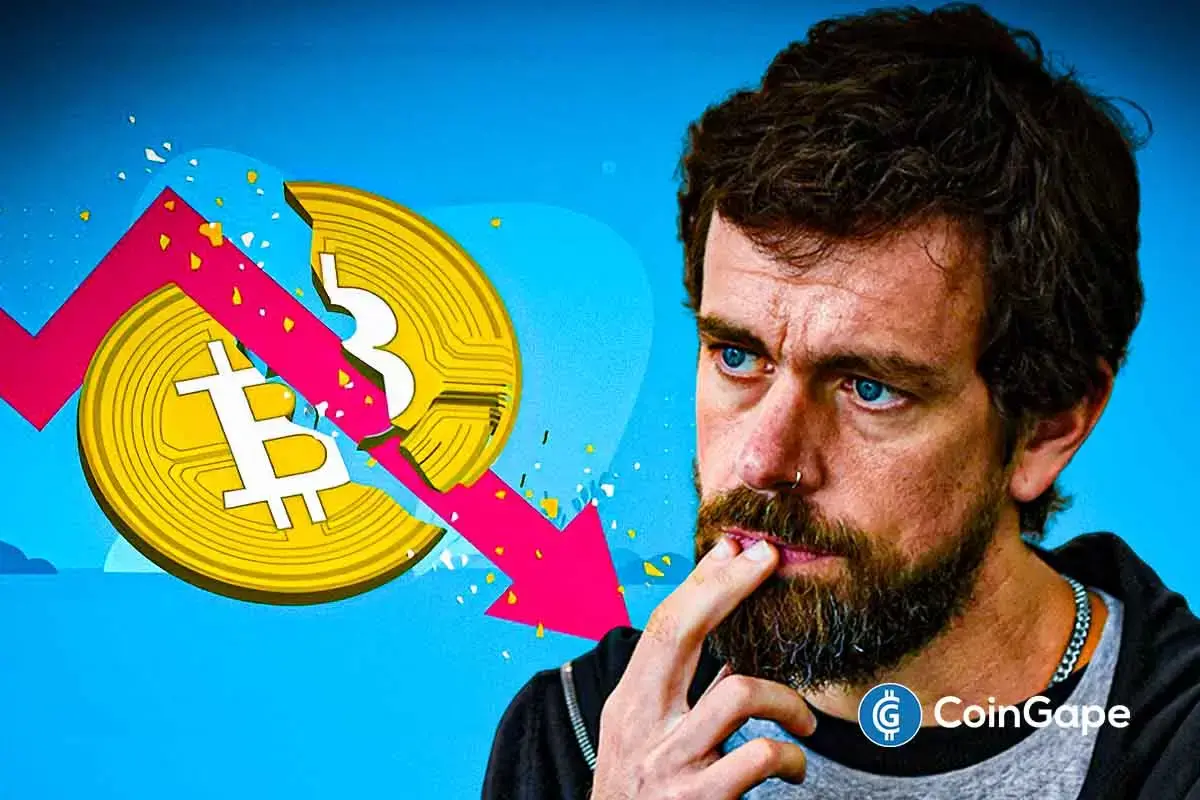Bitcoin: Beyond a Store of Value
In a recent interview, Jack Dorsey, the co-founder of Twitter and the CEO of Block Inc. (formerly Square), shared his views on the future of Bitcoin (BTC) and why he believes it may fail if it’s pursued solely as a “digital gold” or store of value. Dorsey’s perspective challenges the common perception of Bitcoin as a hedge against market downturns and a safe-haven asset.
The Risks of Relying on Bitcoin as a Store of Value
According to Dorsey, Bitcoin’s correlation with the equity market is a significant concern. He pointed out that Bitcoin has largely moved in tandem with the stock market, making it a risk-on asset. Dorsey believes that this correlation could lead to a false sense of security for investors, who may assume that Bitcoin provides protection during market downturns, only to be disappointed when the digital asset experiences significant price volatility.
Beyond Store of Value: Use Cases and Applications
Dorsey emphasized that Bitcoin has the potential to offer more than just a store of value. He highlighted its use cases as a medium of exchange and a unit of account. By focusing on these aspects, Bitcoin could provide more stability and utility, reducing its reliance on market sentiment and price volatility.
Impact on Individuals
For individuals, Dorsey’s perspective on Bitcoin’s role as more than just a store of value could lead to a shift in investment strategies. Instead of viewing Bitcoin as a hedge against market downturns or a safe-haven asset, investors might consider it as a long-term investment with potential applications in various industries, such as finance, technology, and commerce.
- Investors may explore using Bitcoin for transactions, enabling them to buy goods and services directly using the digital asset.
- Businesses could accept Bitcoin as a form of payment, expanding their customer base and offering greater convenience to their clients.
- Developers might build applications on the Bitcoin network, creating new use cases and driving innovation.
Impact on the World
On a larger scale, Dorsey’s perspective could influence the global financial landscape. Bitcoin’s potential as a medium of exchange and a unit of account could lead to increased adoption, potentially disrupting traditional financial systems and fostering financial inclusion in underserved communities.
- Developing countries could benefit from Bitcoin’s decentralized nature, providing a more stable and accessible financial system compared to traditional institutions.
- Remittances could be made more efficient and cost-effective using Bitcoin, reducing the reliance on intermediaries and reducing transaction fees.
- Governments and central banks might explore the use of digital currencies, potentially leading to a shift in monetary policy and financial regulation.
Conclusion
Jack Dorsey’s perspective on Bitcoin challenges the common perception of the digital asset as a purely speculative or safe-haven investment. Instead, he encourages a focus on Bitcoin’s use cases as a medium of exchange and a unit of account, emphasizing its potential to offer stability and utility. As individuals and the world grapple with the implications of this perspective, it’s essential to remain informed and adapt to the evolving landscape of digital currencies.
By exploring the various applications and use cases of Bitcoin, we can unlock its full potential and navigate the complexities of this emerging asset class. Whether you’re an individual investor or a global organization, understanding the role of Bitcoin beyond a store of value is crucial for staying ahead of the curve in the ever-evolving world of finance and technology.





